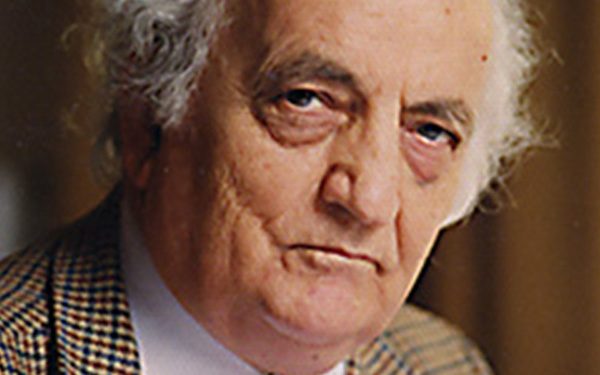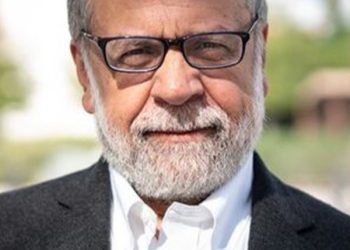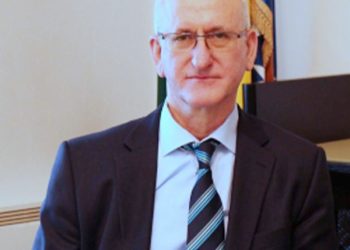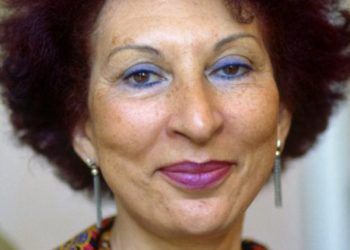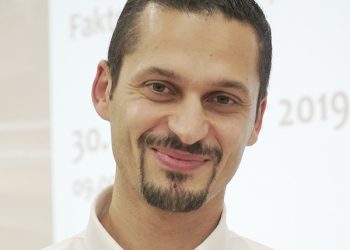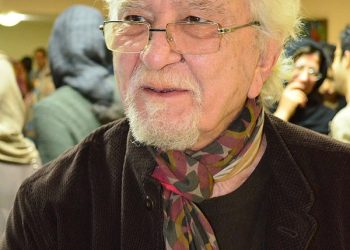Fuad Sezgin, a world-renowned historian of science who brought the contributions of Muslim scientists and the history of science to the world of science, was born in Bitlis, Turkey in 1924. His mother was Mrs. Cemile. His father Mirza Mehmet Efendi was one of the beys of Siirt and was known as the Beys of Şirvan during the Ottoman period. In 1936, Sezgin attended primary school in Ağrı, and after the death of his father in 1939, he continued his education at Bitlis free boarding school. In 1942, he went to Erzurum to study at Erzurum Science High School. Sezgin, who came to Istanbul with the intention of becoming an engineer, was influenced by the seminar given by Hellmut Ritter, one of the famous orientalists of Istanbul University, at the Center for Orientalist Studies and gave up the idea of becoming an engineer and became a student of Hellmutt Ritter. After this event, he enrolled in the Department of Arabic and Persian Philology at the Faculty of Literature.
Helmutt Ritter influenced Fuad Sezgin a lot in terms of studying the history of Islamic sciences. Ritter told Sezgin that he should not leave the mathematics department and that important names in Islamic civilization such as Harizmî, Abu’l-Wefa Buzcanî, Ibn Heysem, Birunî should be studied. According to Sezgin in his memoirs, he stated that he did not know or recognize these important thinkers when he talked to his teacher. According to Sezgin, “Ritter’s words played the role of a whip for me to learn the history of Islamic sciences. I left the whole world and worked for it day and night.” In 1943, when universities in Turkey suspended education during the Second World War, Sezgin studied Arabic at the suggestion of his teacher. Within a period of six months, he learned Arabic and was able to read Tabari’s tafsir in the original Arabic language. Ritter, who realized how successful Fuad Sezgin was in learning languages, as in the process of learning Arabic, advised Sezgin to learn five languages at the same time, and Sezgin learned Syriac, Hebrew, Latin, Arabic and German with his hard work. Working together, Ritter and Sezgin had the opportunity to work closely with manuscripts in the field of Islamic sciences. During this research process, he realized the shortcomings of the studies in the field of Islamic sciences.
He was appointed as the first assistant to the Chair of Dogmatic Sciences at Ankara University in 1940. After fulfilling his duty here, he started to work as an assistant in the General Turkish History Chair. Meanwhile, he continued his research on the written sources of Bukhari’s commentary, which was his doctoral thesis. In 1956, he received his associate professorship thesis on Research on the Sources of Bukhari. In 1957, he traveled to Germany with a scholarship he won and carried out his studies outside Turkey after academics were expelled during the 1960 coup d’état. He studied Islamic-Arabic natural sciences in Frankfurt (A Lifetime Dedicated to Science Prof. Dr. Fuat Sezgin, n.d.). As a result of his long years of research, Sezgin published his work titled History of Arabic Islamic Sciences in 1967. The work consists of 17 volumes and presents the history of many branches of science from Qur’anic sciences to botany, chemistry, mathematics and hadith. Sezgin sent his work to his teacher and stated that Ritter told him that no one had ever done such a work before and that no one would ever do it again.
In 1978, Sezgin was awarded the King Faisal Prize, and in 2001 he received the German Distinguished Service Medal. Apart from these, Sezgin has received 5 major awards. Sezgin founded the Museum of the History of Islamic Sciences in Germany and established the same museum in Turkey. In this museum he established in Frankfurt, there is a model of the instruments produced by Muslim scientists in the history of science. In 2008, the Museum of Islamic Science and Technology was opened in Istanbul. The library also houses Sezgin’s five-volume work “Science and Technology in Islam”. Prof. Dr. Fuat Sezgin passed away on June 30, 2018, leaving behind a life story of high quality works and perseverance. His high thoughts and his great contribution to the history of Islamic science are followed by his students (Who is Prof. Dr. Fuat Sezgin?, 2019)
References
İslam Bilim Tarihi Araştırmaları Vakfı (n.d.). İlme Adanmış Bir Ömür Prof. Dr. Fuat Sezgin. https://www.ibtav.org/sayfa/1/ozgecmisi
Prof. Dr. Fuat Sezgin Merkez Kütüphanesi. (2019, October 7).Prof. Dr. Fuat Sezgin Kimdir?. Bursa Uludağ Üniversitesi. https://bit.ly/3BZtghP





































